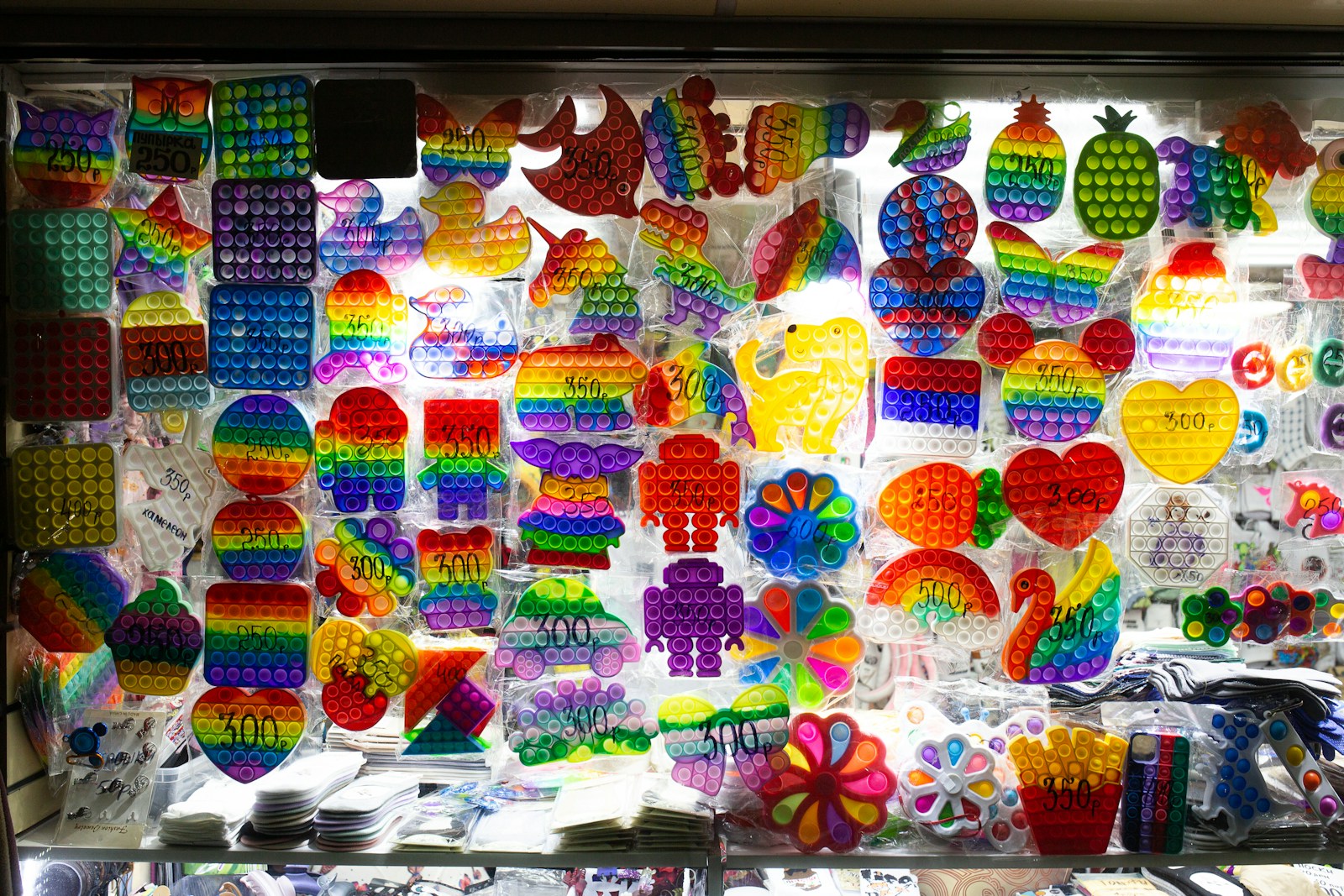
pop

pop
The word 'pop' in Spanish also translates to 'pop' in English. It is used in the context of popular music genre named 'pop', which originated in its modern form during the late 1950s. The term is often used interchangeably with the term 'popular music', although the latter describes music that is popular across all genres. In Spanish, you would use 'pop' in the same way, to describe the same style of music.
Example sentences using: pop
El globo hizo un sonido de 'pop' cuando estalló.

The balloon made a 'pop' sound when it burst.
In this sentence, 'pop' is used to represent a sound that something, like a balloon, makes when it bursts. It's common in Spanish, as in other languages, to use onomatopoeic words to describe sounds. The sentence structure is similar to English, making it easy to understand the association of the sound with the action.
Hicimos pop art en nuestra clase de arte.

We made pop art in our art class.
This sentence uses 'pop' in the context of 'pop art', a popular movement in art history. Just as in English, 'pop' is used as an adjective describing a type of art, showing that some cultural or artistic terminologies are the same or similar across languages.
Mi música favorita es pop.

My favourite music is pop.
In this phrase, 'pop' is used to describe a genre of music. The sentence structure 'Mi música favorita es...' translates to 'My favourite music is...', which is a common way to express preferences in Spanish. Here, the use of 'pop' shows it can also be a noun with the same meaning in English and Spanish.